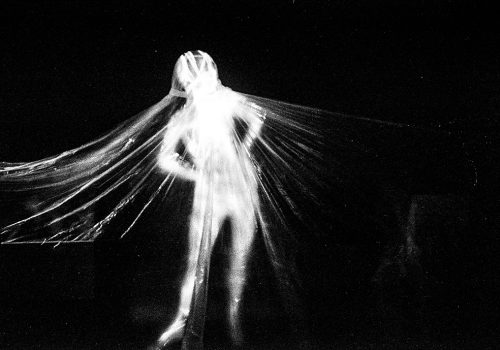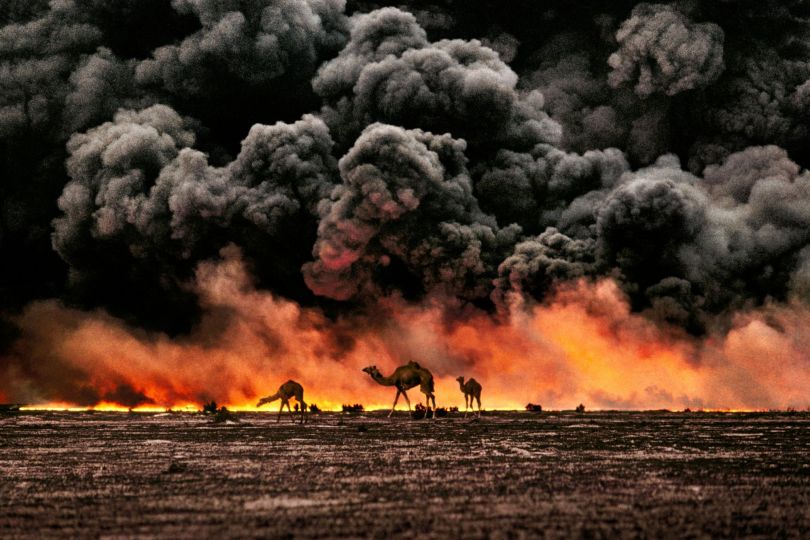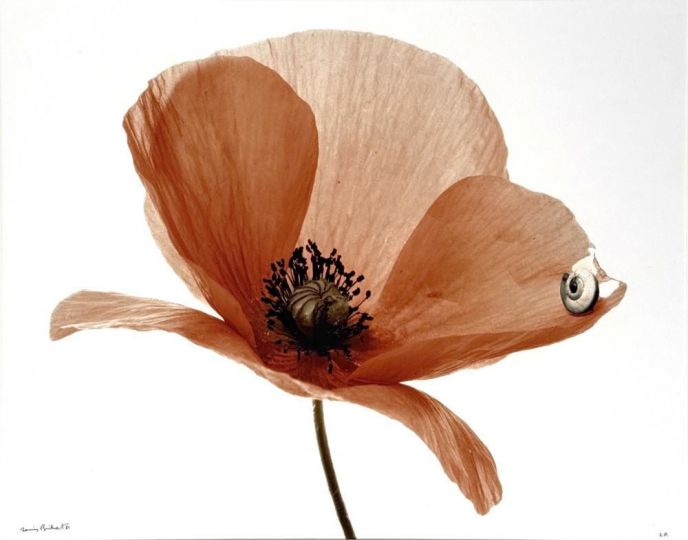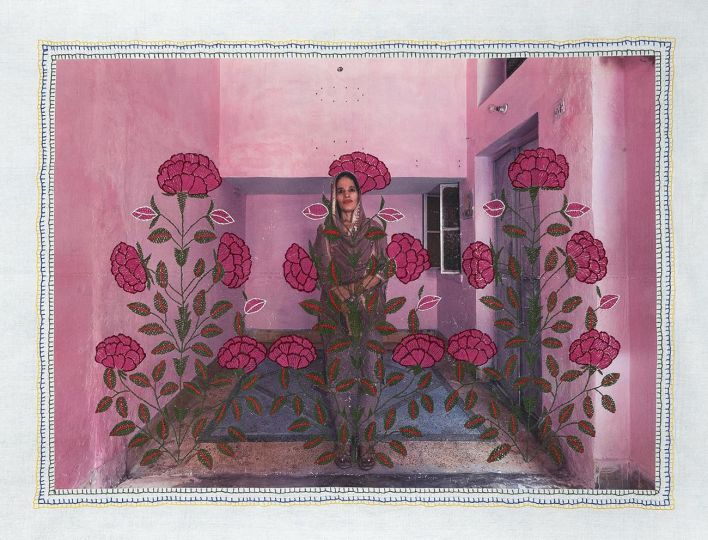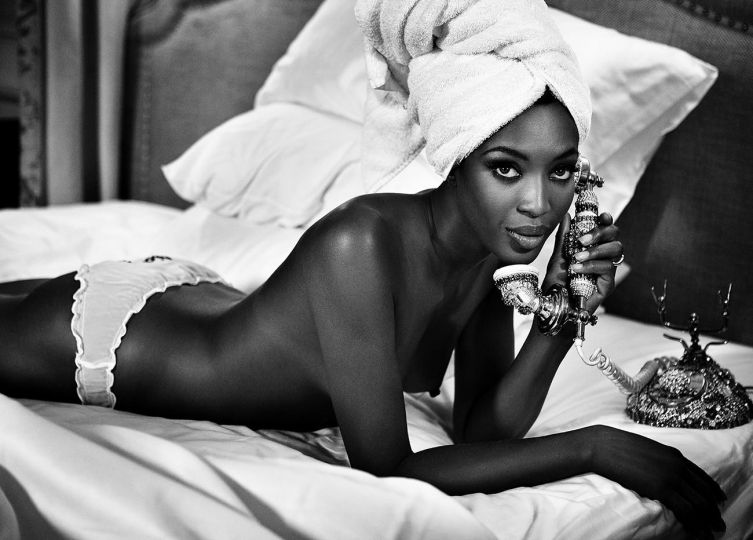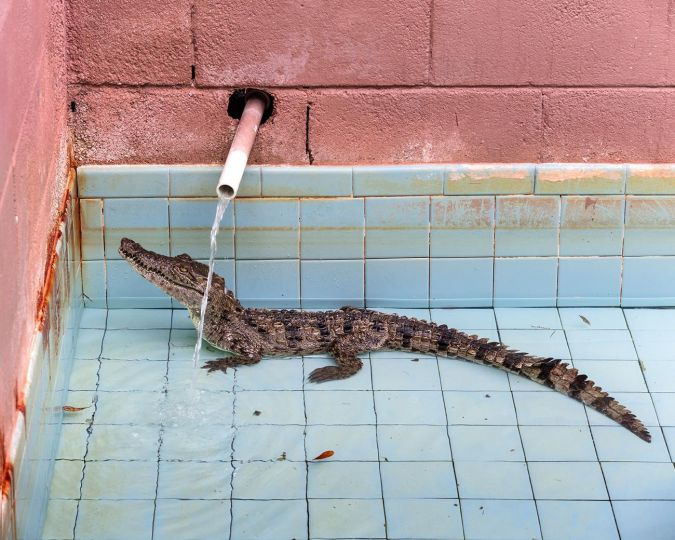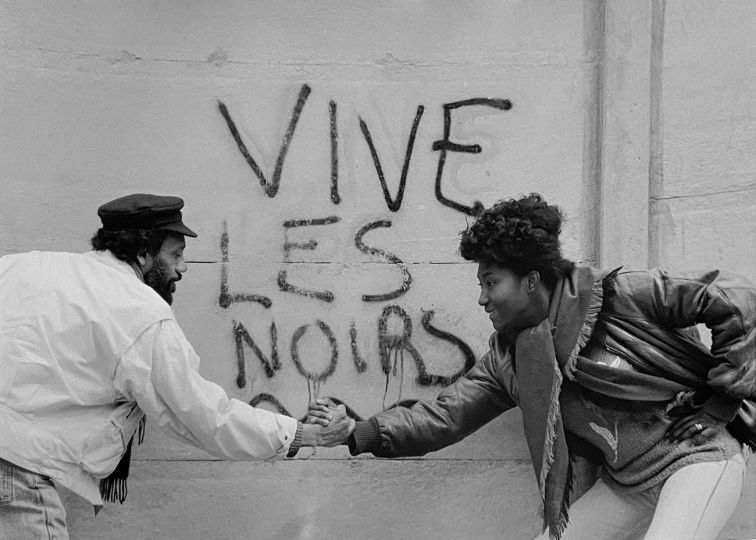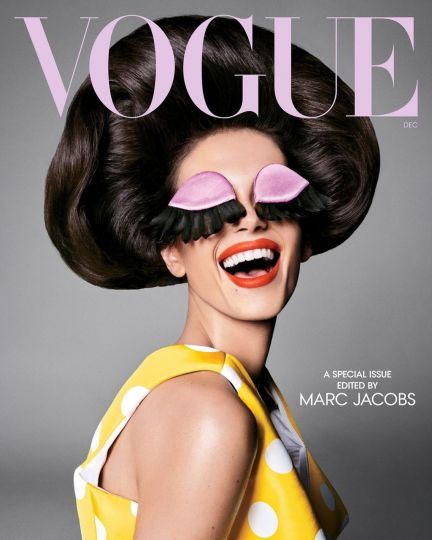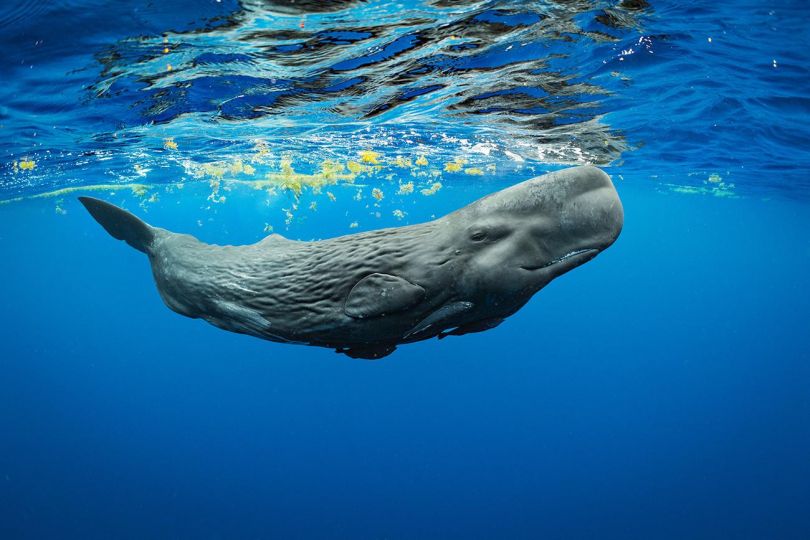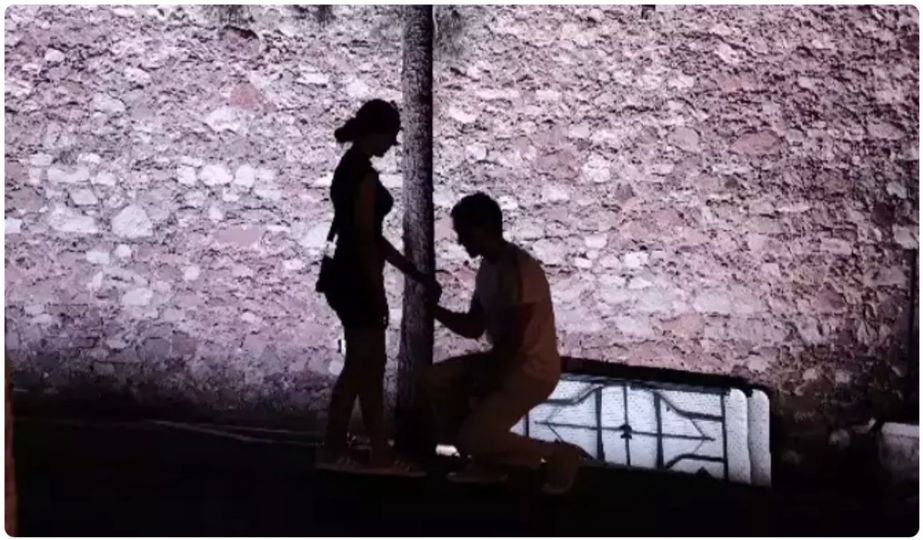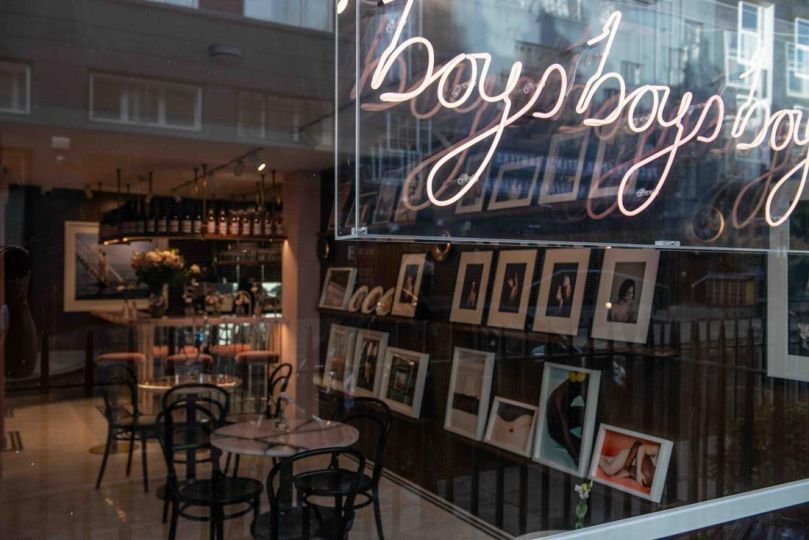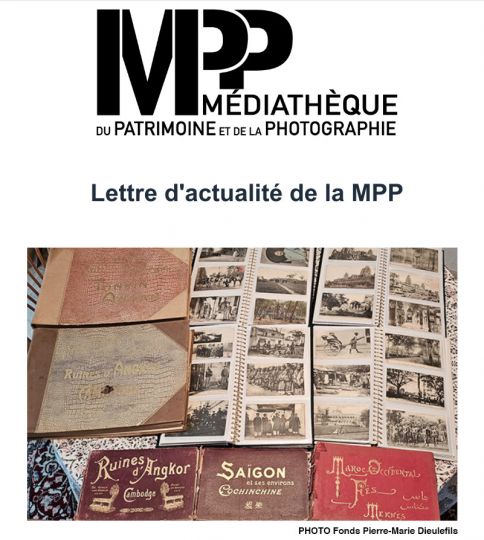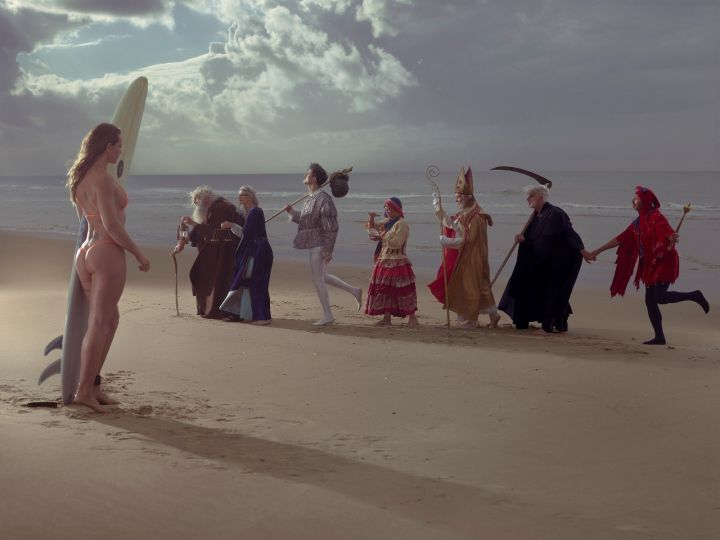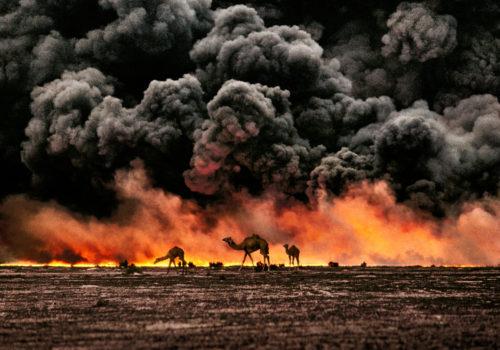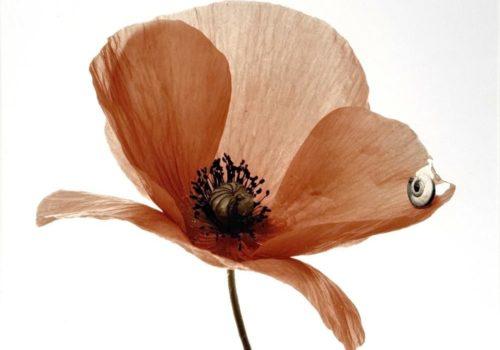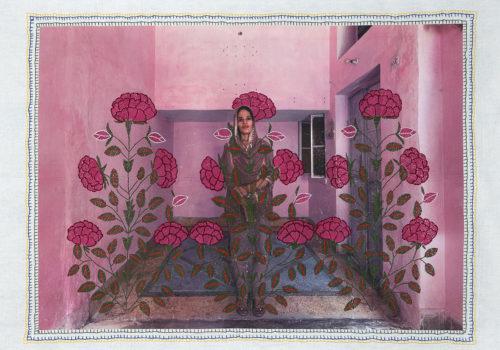Simon in Wonderland.
By Cilou de Bruyn
With PLATTELAND, Belgian photographer Simon Vansteenwinckel takes us to the other side of the mirror, to the country of nowhere. It’s a long and fantastic journey, far from Belgian platitudes and other legendary bravery. The melancholic landscapes contrast with strange rituals, the role plays explode without shame, the symbolic freezes, the ingenuous rubs the excess, the questions remain unanswered. And the wonder is there, in this tender fascination. To each his story, after all!
o “PLATTELAND”: we can not help thinking of this title of Brel: my flat country.
Indeed, the wink to Brel is present. The choice of Platteland is more eloquent in my opinion. Although it means campaigning in Dutch, the most important thing was that this word also had English and French sounds, no longer confining it to our simple Belgium but rather blurring the tracks. I like its hybrid side. A sort of linguistic “stoemp”.
o A mixture of romantic solitude in landscapes, and, ritual monsters among men. It’s your feeling?
This is indeed what I wanted to express and I am very happy if that is what we feel. I appreciate the atmosphere conveyed by romanticism. Moreover, for me, nostalgia is synonymous with happy memories, tenderness. If in certain rituals we can see the monstrous side of men, we can also detect the benevolence that reigns between them. That’s where I tried to place myself.
o Do you not fear to give a picture of Belgium somewhat truncated?
I did not intend to take a neutral look at our country, nor relay the clichés on Belgians good live, funny, good guys what … The Belgian humor, their second degree, the Grand Place, the Atomium, Bruges and the Gilles de Binche, it is not Belgium that I want to show. Others have done it and to each his gaze. My vision of Belgium, although totally subjective, is concrete and very real since all these images were taken in the country. This shows that everything is only a question of point of view. And, in my opinion, the strength of a photographer is to offer a particular vision, a way of looking. After that, it may seem dark. It is a remark that one often makes me on my images. I personally take it as a compliment. I see especially the light, that the black, like a case, brings out. And there is a subject in this light. Contrast brings out things, highlights the light on the subject, brings depth. If one feels sadness and nostalgia, these feelings bring out their opposites, joy and joy. Maybe I’m wrong, but that’s my feeling. And I like to hope that it can be shared. In the images of the book, once the dark, rough look is gone, I see passion, fellowship, joy, and even love.
o You just mention a place and a date for each photo, no caption. Do we say more by saying nothing?
Initially, I did not even intend to indicate place and date. It’s Hugues Henry, the publisher, who kindly pushed me to do it. As for Nosotros, my previous book, at Yellow Now Publishing, I did not want to caption the images to avoid the travel guide aspect. Rather than explain, I prefer to suggest by giving body to a series. I hope to take the reader into his own reflection, to make his story and wonder about each image. For me a photo must be self-sufficient. An introductory text that sets the context and the mood is enough for me. Although I took most of the images in reportage mode, even if two or three photos were staged, it is not this aspect that matters here, but rather the feeling and the emotion. We could see this as a fiction documentary. The most important thing is history.
o What is your personal feeling about these different events?
Participants always have a good reason to do so, although this may seem strange to the uninitiated. We are only afraid of things we do not know. The unknown is scary and we often have a lot of prejudices. Seeing with one’s own eyes often helps at least to try to understand. If I do not adhere to all that I have seen, I have been able, episodically, to access these unknown worlds, and to better design the motivations of the participants. For example, the big bearded wrestler violently sausage in a tights too small, does not represent at all the world of wrestling in Belgium. Most of them are high-level athletes, who train three times a week with a discipline and an exceptional code of conduct. Again, it’s a question of perspective, but here more about where you stand to look. It is necessary to make the effort to pass on the other side of the mirror, to try to put oneself in the place of others. Empathy is very important to me.
o How did you feel?
I really felt out of sync for example at “BDSM” parties (domination / submission, sado / maso) that I attended. This is clearly not my thing, but I have always been greeted with a lot of courtesy. These are very strong moments, intimate though quite violent, with a lot of emotion. The relationships between master and dominated are above all made of respect, empathy, and benevolence. Pleasure is the key word. The pleasure of all. I was again amazed by the immense distance that separates our clichés from reality.
o What was your drive?
Curiosity. Photography is an excellent tool for discovering universes that we would never explore without this “alibi”. And there are thousands of worlds to discover close to home. It is not necessary to travel the world to be challenged. We will look for something. We are voyeur certainly, but hidden behind a camera. Our presence is suddenly more legitimate.
o Tell us about the different rituals and events you have faced.
I prefer to remain evasive … Most are public events, quite accessible, and easy to photograph because the participants are in representation and have no problem with the fact that you make images. Other events, however, were more private, more intimate, and asked me to work more consistent approach with a step of building confidence.
o If the photo is a way to get in touch with its subject, did you immerse yourself in every situation?
I am rather shy and often prefer to stay away, so I sometimes have difficulties to immerse myself in a group. Discretion is important to me and I prefer to try to make me forget. I admit to feeling a selfish pleasure and lonely to watch. This voyeur position does not bother me. Intimately, we are all. You just have to assume it.
o What part of spirituality has it awakened in you?
I am very interested in pagan rites, witchcraft, mysticism, the notion of the “wild”. I have always been attracted by what I do not understand. However, I do not believe in much. But I would like so many answers, for example about the death that terrifies me. I sometimes get to envy people who have certainties about it.
o What was your goal?
It is a subjective and romanticized image of our small country, according to my personal point of view, guided by the desire to propose ambiances, to provoke emotions and to provoke a questioning to the reader.
o What would you advise a tourist wanting to know Belgium?
That it is not confined to the classic evidences and goes scratch beyond the tourist polish. Belgium is full of amazing worlds. But this advice is valid for all countries of the world.
o If you had to draw parallels between your wife’s country, which you illustrate in Nosostros, and yours?
For me, Chile is Belgium of South America. To return to the clichés, they have a humor that one could easily qualify as doubtful. Each of their hobbies is an excuse to drink and eat. There are breweries everywhere. And they have the same modesty and humility that, for me, are beautiful and rare qualities.
o Could you have integrated the yellow vests into your book?
Yes why not. Although the imagery of yellow vests may be too entrenched in our reality, which I try to deviate.
o Inclusion? Exclusion?
Very clearly exclusion.
o A word to define your book?
Mayonnaise.
o A word to define your vision of the Belgian – globally?
Uncategorized.
o Where is beauty for you? What images embody beauty here?
Frankly I do not know. In my opinion, the criteria of beauty are so personal that everyone will see the beauty there or the other will see ugliness.
o What to believe?
Already, believe in yourself. In our family. To be convinced that happiness exists. That it is a choice. The rest is just a bonus.
Simon Vansteenwinckel’s website:
BOOK
PLATTELAND: Size 28 x 28 cm, 108 pages. Texts by Hugues Henry, Fabien Ribery, and Said Al-Haddad. Home Frit Edition ‘Home www.homefrithome.be
The book is for pre-order at a preferential price until 30 January 2019:
EXPOSURE
PLATTELAND From February 1st to May 4th 2019Vernissage on Friday February 1st from 18:00 to 21:30
At Home Frit’Home
Rue des Alliés 242. 1190 Brussels.

